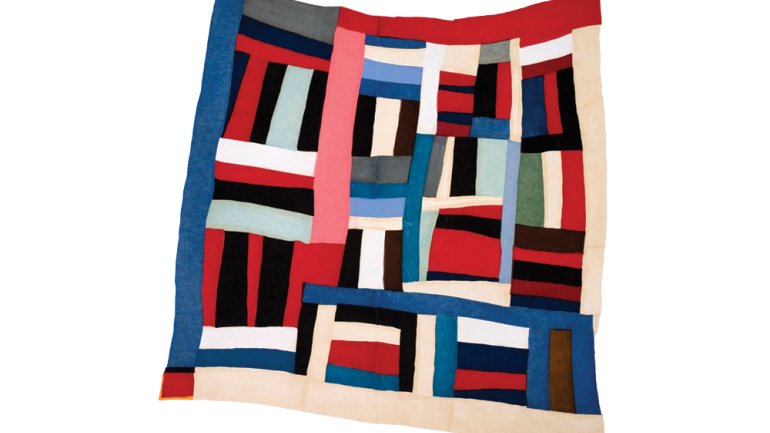Bright Ideas
Bright Ideas
One thing you won’t find at Benchspace Gallery & Workshop: price tags. The flex-space venue, on the main floor of the Center for Craft, Creativity & Design’s new building in Asheville, North Carolina, is an educational haven – a place for artists and visitors to investigate ideas and engage in conversation. Marilyn Zapf, assistant director of the CCCD, tells us more.
How is Benchspace different from other galleries?
Our vision is that Benchspace really will be an experimental space – a lot of times I think of it as an idea workshop, even. And that notion of experimentation extends not only to the work, but also to the audience. I hope it’s a place where visitors can experience craft in a new way.
The one thing that surprises visitors is that it’s an educational gallery – not a commercial gallery. None of the work on view is actually for sale. That’s kind of a major shift, but I think it helps people engage with the ideas, rather than coming with the filters of “Is it beautiful?” “How much does it cost?”
That’s refreshing. There are so many ways to connect with craft – creatively, intellectually – and yet so many opportunities to get out and see it have that commercial lens.
And if you think about that from the artists’ perspective – artists who are trying to make more conceptual or experimental work – if they’re limited to museums as the only places where they can show their work, they don’t have enough opportunities to try new ideas.
Benchspace opened last January, as part of the CCCD’s move from rural North Carolina to Asheville. What impact has the move had?
This is easy. The biggest impact has been visibility. The CCCD has been doing groundbreaking work in the national craft field for more than 18 years – and yet not many people in western North Carolina knew that we were even here. That has totally changed. It’s interesting too, because Asheville is an exponentially growing tourist destination. What that means is that Benchspace is an opportunity to introduce a wider audience to both the work of the CCCD and to the field of contemporary craft. And we don’t take that opportunity lightly.
Tell us about a successful show; what makes it stand out?
Our most recent exhibition, “Gee’s Bend: From Quilts to Prints” [to Jan. 10] is the first in-house curated exhibition – before this, one was a juried show, the other was organized by the Houston Center for Contemporary Craft. So this has been our chance to show everyone the high standards that we set for ourselves.
I’m one of the curators, so I feel a little weird saying this, but I think there’s a level of original content that we hope to maintain and expand upon. We worked hard to make sure that this was not just another iterative Gee’s Bend exhibition. It looks at four of the artists’ design sensibilities and how they’re translated between different processes, and I think that juxtaposition helps move Gee’s Bend past the art-versus-craft debates that happened in response to the blockbuster exhibitions of 2002 and 2006.
What’s next?
The gallery’s full title is Benchspace Gallery & Workshop, so what’s next is really pushing the concept of a workshop, the idea that the visitor is coming not only to step back and see, but also to think, interact, engage.
This spring we’re introducing a series called Back to the Drawing Board, essentially 24-hour gallery takeovers by artists. They can range from installations, performances, films, to just exhibiting new work; the events are really about making the creative process visible – experimentation, failure, innovation. What I love about this program is that it’s not a one-way street. We’re going to be inviting the audience to give feedback to the artists and makers, so it’s really meant to be a dialogue.
As you said: This is not a space where finished works are for sale.
Or finished ideas, you know?




